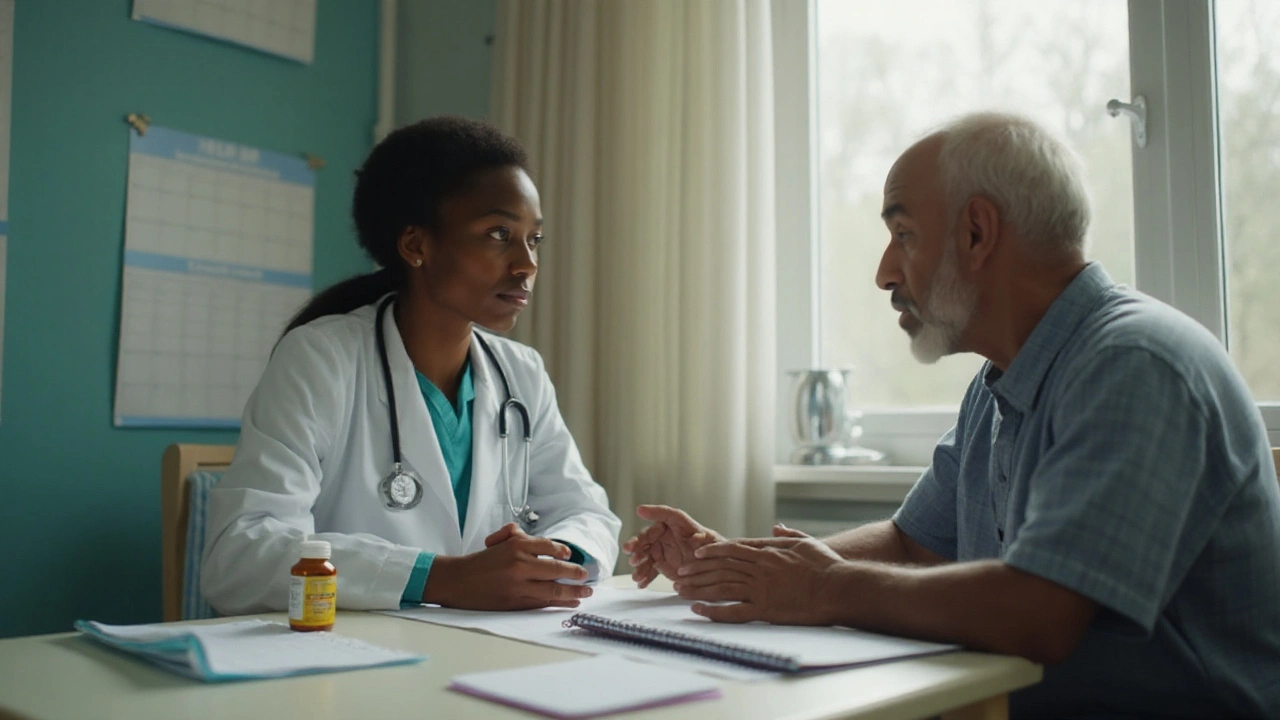COVID‑19 Treatment: What Works, What Doesn’t
If you or someone you know tested positive for COVID‑19, the first thing you want is relief. The good news is there are medicines that really help, plus plenty of things you can do at home to feel better faster. This guide breaks down the options in plain language so you can decide what’s right for you.
Prescription antivirals you can trust
The biggest game‑changers are prescription antivirals approved by health agencies. Remdesivir is given through an IV and works best when started early in a hospital setting. Paxlovid, a pill combo of nirmatrelvir and ritonavir, cuts the risk of severe illness if you start it within five days of symptoms. Another option is Molnupiravir, an oral drug that can be used when Paxlovid isn’t available.
All three need a doctor’s prescription and a quick test result. Call your healthcare provider as soon as you get a positive result – the earlier you start, the better they work. They’ll check for any drug interactions, especially if you take blood thinners or steroids.
Home care tips while you recover
Even with antivirals, most people manage their symptoms at home. Keep hydrated; water, broth, and herbal tea replace fluids lost from fever. Over‑the‑counter pain relievers like acetaminophen or ibuprofen can lower fever and ease body aches. A humidifier helps clear a stuffy nose, and saline nasal sprays keep the passages moist.
Rest is non‑negotiable. Your immune system needs energy to fight the virus, so aim for at least eight hours of sleep each night. If you feel short of breath, use a pulse oximeter – readings below 94% mean it’s time to call emergency services.
Nutrition matters too. Simple meals with protein (eggs, beans) and vitamin‑rich veggies support recovery. Avoid alcohol and smoking; both can weaken your lungs and slow healing.
If you have risk factors like diabetes, heart disease, or are over 65, keep a close eye on symptoms. A rapid worsening of shortness of breath, chest pain, or confusion requires immediate medical attention.
Vaccination remains the best prevention. Even if you’re already sick, getting a booster can reduce the chance of another infection later in the year.
Bottom line: start antivirals early, stay hydrated, rest well, and watch your symptoms closely. With the right mix of medicine and home care, most people bounce back without complications.
Budesonide for COVID-19: Evidence, Safety, and 2025 Guidance
- Elliot Grove
- on Aug 26 2025
- 14 Comments

